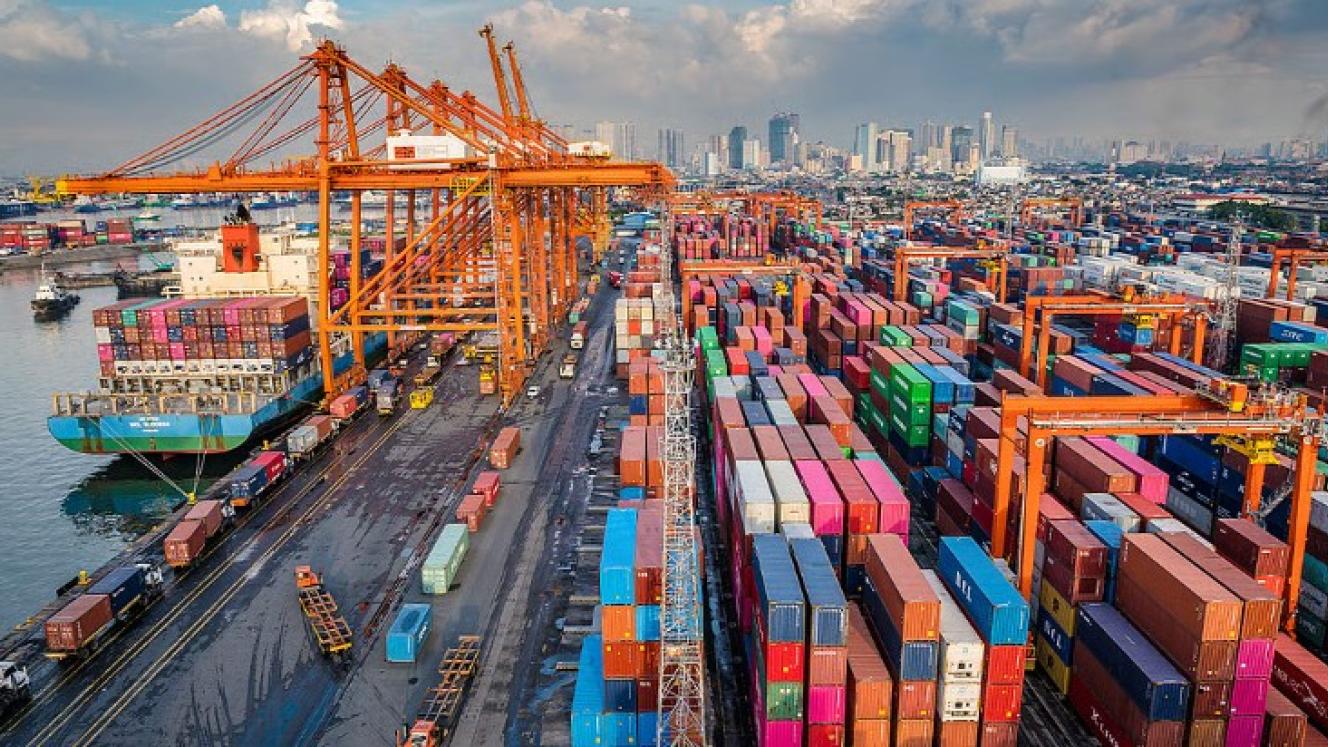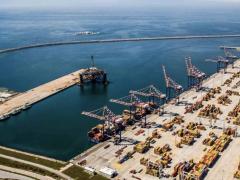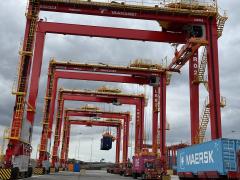Against a background of growing concern over the number of accidents involving heavy vehicles, fleet operators have been called to account to enforce the Road Transport Quality System and so ensure the safety of drivers and other road users. Unroadworthiness accounts for approximately 1 in 10 fatal accidents on South African roads, according to information released by Heavy Commercial Vehicle Underwriters (HCV). While the RTQS exists to ensure roadworthiness of vehicles, specifically freight vehicles, the authorities have failed to enforce it, says Chris Barry, MD of HCV. The RTQS requires the owner of certain classes of motor vehicles (mainly commercial) to be registered as the operator when licensing the vehicle. It clearly details the duties of an operator, including exercising control over drivers, monitoring PrDPs, and complying with loading restrictions, vehicle fitness requirements and public safety commitments. The system enables authorities to suspend or cancel the operator’s registration, serve discontinuation notices of unroadworthy vehicles and order a driver to be retested to check driving competence where necessary. The effects of RTQS do not however seem apparent. “Unroadworthy and overloaded vehicles are still a significant problem on South African roads and drivers continue to get away with drunk driving and speeding. In 2009, 54 000 trucks travelling on South African roads were found to be unroadworthy,” said Barry. “In a recent Fleetwatch police training initiative, HCV was shocked when two vehicles belonging to an HCV policyholder were served with discontinuance notices. “The vehicles were deemed unroadworthy due to simple maintenance neglect that rendered them totally unroadworthy. We were shocked when we were contacted by the vehicles’ owner who proceeded to insist that the experts who examined the vehicles were incorrect in their assessment. “I urge this fleet operator and others to consider what may have occurred had these unroadworthy vehicles not been removed from the roads,” said Barry. By hosting similar training initiatives, companies like HCV hopes to educate and empower police to recognise unroadworthy vehicles and support the success of RTQS. “Through legal inconveniences we hope to force operators to recognise the importance of roadworthiness in sustaining their business practices and saving lives on the road,” he added.
Fleet operators called to account over unroadworthy vehicles
Comments | 0












